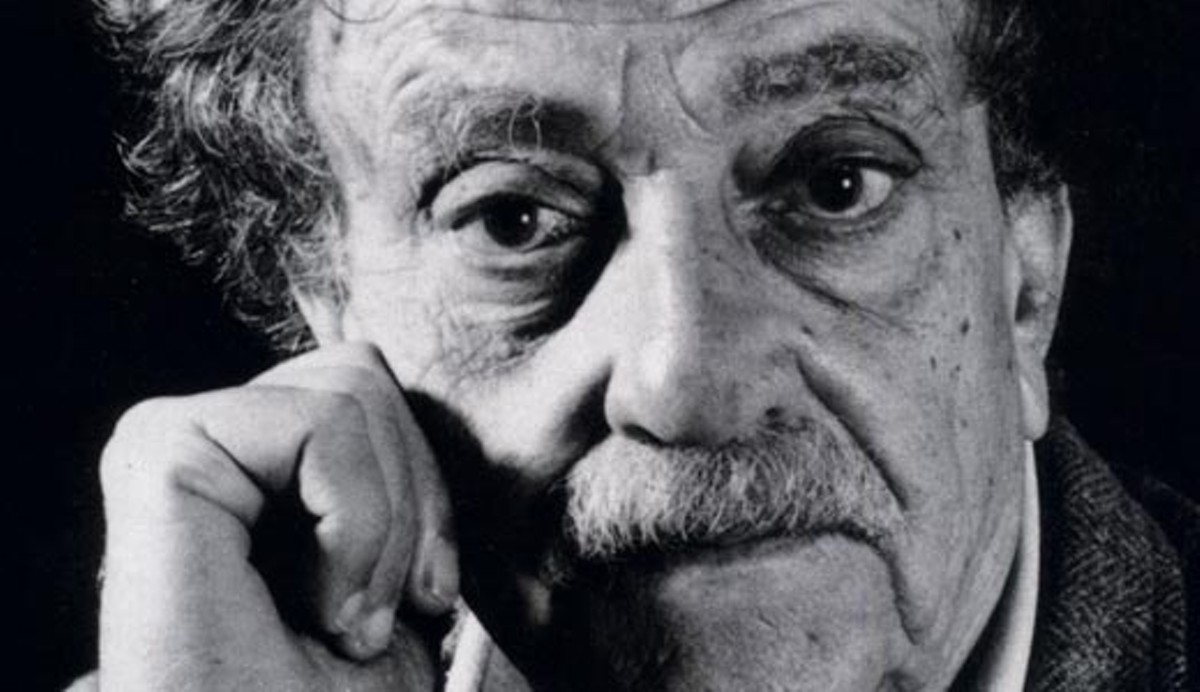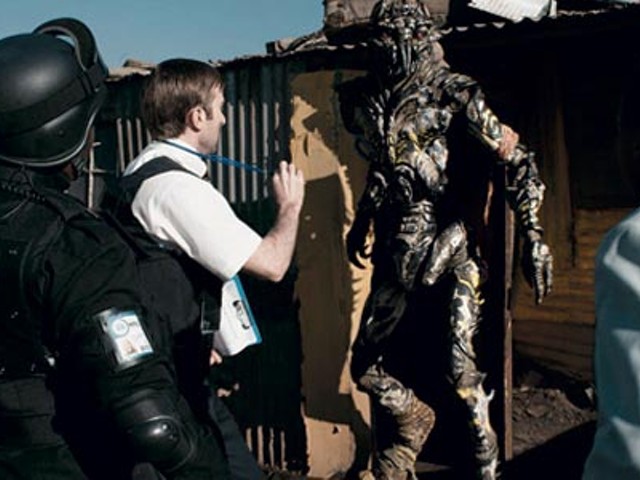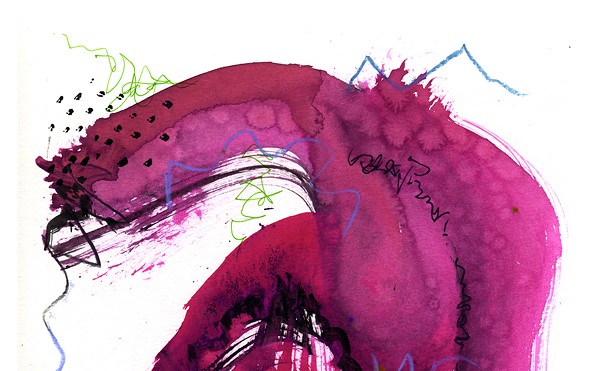I’m always filled with a slight sense of nervousness when picking up a posthumous collection of unpublished fiction by a well-respected author. The question looms throughout the reading: Why wasn’t this published? Thankfully, I don’t think there is one wasted story in here, nothing meant to be burned (as with Nobokov’s recently published final novel), nor is there anything that breaks Vonnegut’s rule for writing: “Use the time of a total stranger in a such a way that he or she will not feel the time was wasted.”
This collection shows off Vonnegut’s virtuosity — the stories that were left behind are not simply off-the-cuff exercises but tightly executed little stragglers. Every scene and story serves a purpose, and even though there are a couple of themes throughout (lonely men finding love, extreme-but-founded paranoia, etc.), we see how easily Vonnegut slipped on any varied genre and made it work for him.
Some stories tease the edges of magical realism, such as “Hall of Mirrors,” in which a hypnotist sends persons and families through mirrors so that they may avoid their current “sick futures” and feel well again. Even if Vonnegut’s extreme realist humanism does ground him down to an explanatory ending here, the concepts and original ideas he explores before he gets there are utterly stunning.
His handling of large amounts of characters in a short format is also on display here. In the most paranoid story of the collection, “Ed Luby’s Key Club,” we have an entire town under the control of Ed Luby, who is trying to pin a murder on one innocent gentleman. I can see why this story didn’t make it into print before, as it does have a fairly sappy and almost too-satisfactory ending, although it is pulled off in a novel fashion (complete with a fake surgery and undercover judges in scrubs). I can imagine Vonnegut not wanting a story that shows its hand so early.
The shining star of the whole collection is “Little Drops of Water,” which was actually published posthumously in the June 2009 issue of Harper’s. There is a certain system that many creative types develop, a routine they must follow to do well, or to hold their lives together. The story is about this routine in a way, but the paranoia of some of his other stories has leaked through. What would otherwise be the tale of a cruel, womanizing, methodical opera singer turns into a strange moral lesson. This story explores what happens when a scorned ex-lover so painstakingly weasels her way into this character’s every routine (a car horn honk at breakfast, a single, light cough at his performances) that he cannot perform adequately without a cue from her. It’s something I imagine Vonnegut coming up with when he realized his own routine and tried to figure out how it could be sabotaged.
Throughout “Look at the Birdie,” I never got the sort of fatigue you often encounter with collections of short fiction — where a story is too different, or the quality is a mixed bag. I only found joy in these stories, the dark and rational zest for life that is Vonnegut’s characteristic and deceptively simple voice. It never took more than a page to hook me and convince me that my time was being spent wisely, and that Vonnegut didn’t finish anything without loving it. Even if it is a story about an earpiece that whispers out loud the worst in us, Vonnegut presents it clearly and simply, without getting caught up in the events. He respectfully and artfully steps back and presents us, even after his death, the kind of stories you just don’t see anymore, teetering between fiction and realist honesty without so much as a hint of pomp or pretense.






